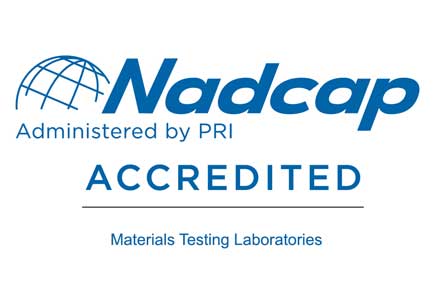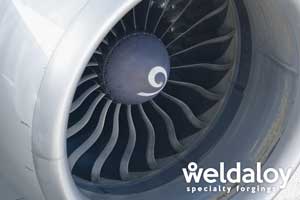Why Forged Copper Is Used In Rocket Nozzles
While copper is indeed heavier than some other materials, its unique properties make it the material of choice for rocket nozzles where thermal management is critical. The trade-off in weight is justified by the performance and reliability that copper provides in these extreme conditions.
Copper is used in rocket nozzles primarily because of its excellent thermal conductivity and its ability to withstand the extreme temperatures and thermal cycling that occur during rocket operation. Here are the key reasons why copper is chosen despite its weight:
Reasons for Using Copper in Rocket Nozzles
Thermal Conductivity and Compatibility with Cooling Systems
Copper has one of the highest thermal conductivities of any metal, which allows it to efficiently dissipate heat. This is crucial in rocket nozzles, where temperatures can exceed several thousand degrees Celsius. Many rocket nozzles use regenerative cooling, where the rocket fuel is circulated through channels in the nozzle before being combusted. Copper’s thermal properties enhance the effectiveness of this cooling method.
Thermal Cycling Resistance
Copper can handle repeated heating and cooling cycles without significant degradation, making it suitable for the intense environment of rocket engines.
Strength at High Temperatures
Copper alloys, especially those used in aerospace applications, maintain their strength at the high temperatures experienced in rocket nozzles.

Manufacturing Process of Copper Rocket Nozzles
High-purity copper alloys are chosen for their specific properties tailored to the application. The basic shape of the nozzle is formed through forging, providing a near-net shape that can then be further refined through precision machining, including cooling channels, which are critical for performance.
In many designs, multiple sections of the nozzle are joined together via techniques such as brazing, welding, or diffusion bonding to create a seamless structure that can withstand high temperatures and pressures. To protect the copper from oxidation and erosion, a thin layer of another material, such as nickel or a ceramic coating, may be applied to the inner surface of the nozzle.
To ensure that the nozzle meets all specifications and is free from defects, extensive testing, including non-destructive evaluation (NDE) techniques such as X-ray inspection and ultrasonic testing, is employed.
About Weldaloy Specialty Forgings and Weldaloy Metallurgical Laboratory+NDT
Weldaloy Specialty Forgings is a dominant manufacturer of forged copper rocket nozzles in North America. We employ our 78 years of expertise of forging and machining copper with all of our customers’ parts.
Weldaloy Metallurgical and NDT Laboratory is an independent, ISO 17025 certified lab that specializes in analyzing copper and other non-ferrous metals.




